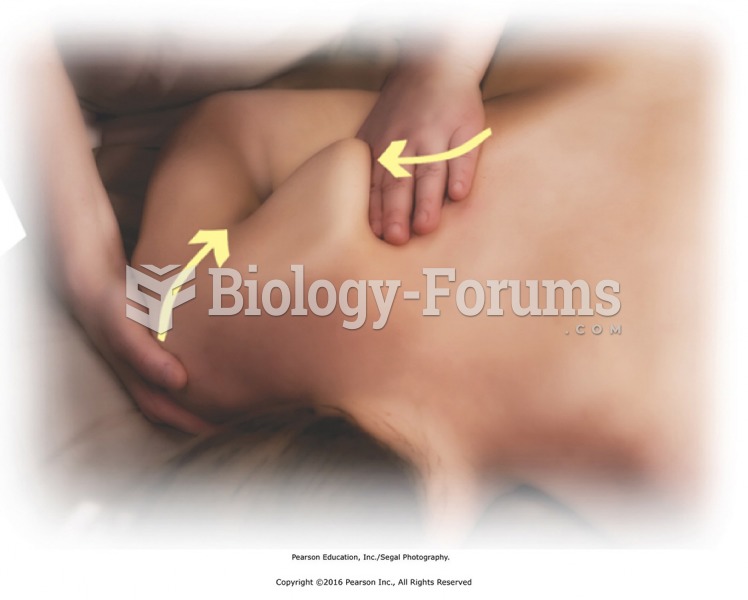|
|
|
In Eastern Europe and Russia, interferon is administered intranasally in varied doses for the common cold and influenza. It is claimed that this treatment can lower the risk of infection by as much as 60–70%.
In 1885, the Lloyd Manufacturing Company of Albany, New York, promoted and sold "Cocaine Toothache Drops" at 15 cents per bottle! In 1914, the Harrison Narcotic Act brought the sale and distribution of this drug under federal control.
People with high total cholesterol have about two times the risk for heart disease as people with ideal levels.
Congestive heart failure is a serious disorder that carries a reduced life expectancy. Heart failure is usually a chronic illness, and it may worsen with infection or other physical stressors.
Though newer “smart” infusion pumps are increasingly becoming more sophisticated, they cannot prevent all programming and administration errors. Health care professionals that use smart infusion pumps must still practice the rights of medication administration and have other professionals double-check all high-risk infusions.
 An example of genetic homology: a comparison of a short amino acid sequence within the p53 protein f
An example of genetic homology: a comparison of a short amino acid sequence within the p53 protein f
 Effleurage as a finishing and transition technique. Finish the left side with effleurage moving back ...
Effleurage as a finishing and transition technique. Finish the left side with effleurage moving back ...





